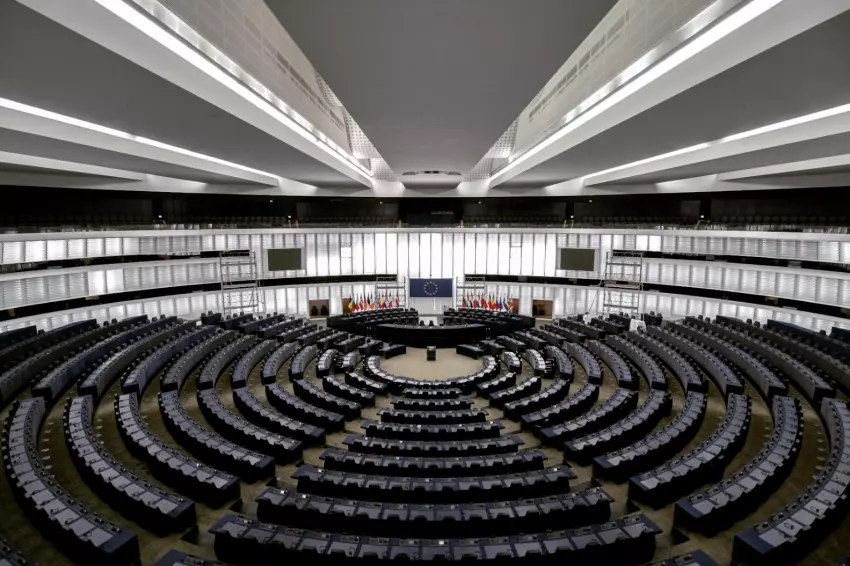
EU Challenges Meta’s Pay or Consent Model
The European Commission has informed Meta of its preliminary findings related to its “consent or pay” advertising model, stating that Meta is in breach of the Digital Markets Act (DMA).
Meta introduced this new model in Europe in November 2023, giving Facebook and Instagram users two options: they can consent to sharing their data for use in advertising, or they can opt for a paid subscription-based service that is ad-free.
The European Commission has found that this is in breach of Article 5(2) of the DMA, which sets out that users must be given the option to consent to share data, and should they refuse, they should be able to access a “less personalized but equivalent alternative.” The regulation ensures that gatekeepers cannot restrict access to services based on data-sharing consent.
Margrethe Vestager, Executive Vice-President of competition policy, says, “Our investigation aims to ensure contestability in markets where gatekeepers like Meta have been accumulating personal data of millions of EU citizens over many years. We want to empower citizens to be able to take control over their own data and choose a less personalized ads experience.”
Meta says it is complying with the DMA and will continue to work with the European Commission to resolve the matter.
In sending the preliminary findings, the European Commission has communicated with Meta its current position relative to Meta’s practices. The Commission will wrap up the investigation by March 2025. Meta could face a fine of as much as 10% of its global annual turnover if the Commission finds it is in breach of the DMA.
The DMA came into effect in Europe in March of this year and has required big tech companies that are defined as “gatekeepers” to change, sometimes drastically, the way they interact with their users. The DMA was designed to ensure that users have control over their data and that the European digital market remains diverse and competitive.














